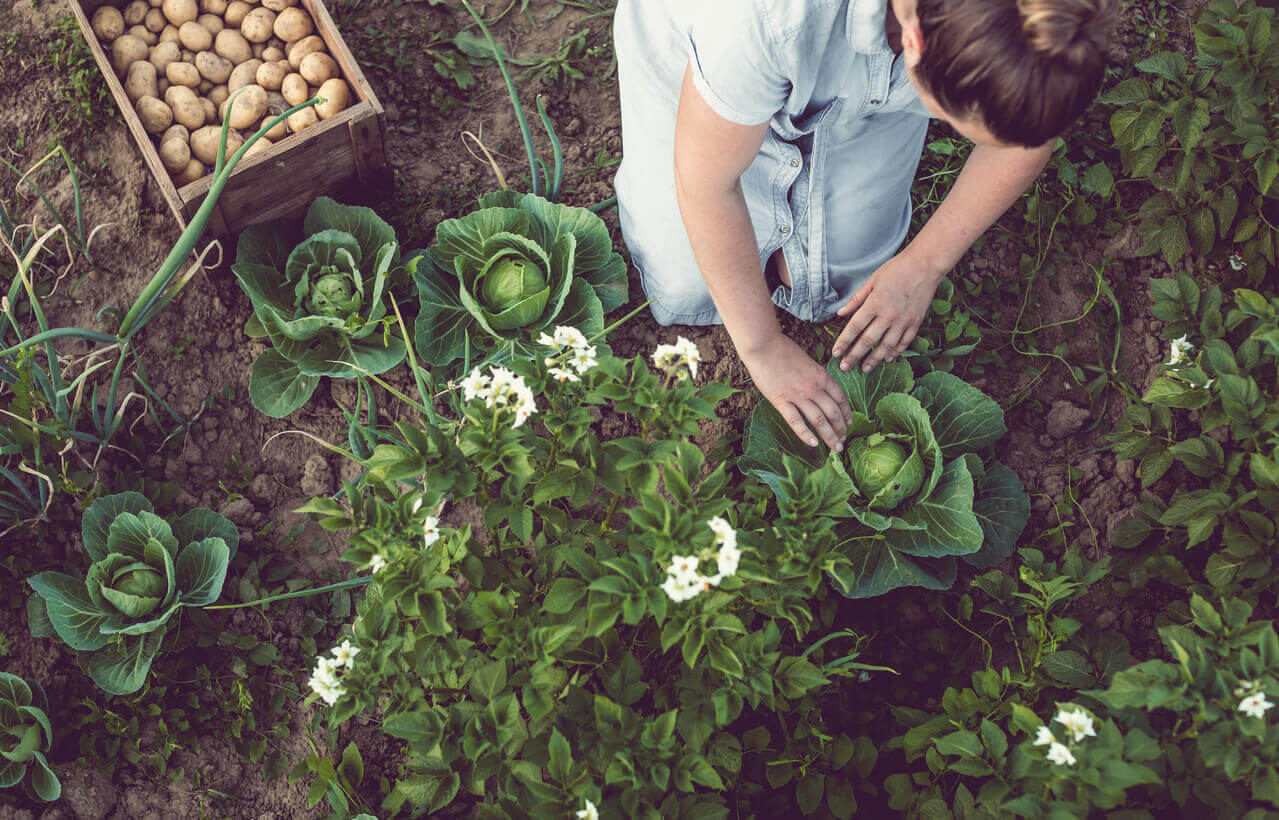At OSC Seeds, we understand that you may have some questions about our products. Below, we’ve identified some of our most frequently asked questions to help you find the answers you’re looking for:
1. What does the sow-by date on my seed packages mean?
Many people think that, once the sow-by date on our packages has passed, the seeds cannot be used. This isn’t true! The sow-by date indicates the point where the germination rate of the seed begins to fall off. Some seeds may be viable well beyond the sow-by date. For best results, OSC recommends using freshly-sourced seeds each year.
2. How many seeds do I get in one package?
This varies widely from plant to plant. Generally, one packet of vegetable seeds will cover a 3 to 3.5 m (10 to 12 foot) row, while one packet of flower seeds will be enough to cover a about 1.5 m2 (16 square feet).
3. Where do your seeds come from?
Our seeds come from all over the world! We source our seeds from many different countries depending on the variety.
4. Can you help me to export seeds?
Unfortunately, we are unable to help with seed exporting at this time.
5. What happens if my seeds don’t grow?
All of our seeds are tested and certified; we can’t sell them unless they have undergone testing first. If your seeds don’t grow, be sure to check that you’ve followed the instructions and you’ve used the right soil. Incorrect temperature, too much or too little water are common reasons seeds struggle to get established.
6. Are hybrid vegetables GMOs?
All OSC and Aimers seeds (including hybrid varieties) are GMO-free.
Hybrid seed comes from the crossing of two specific parent plants for the purpose of creating offspring that retains desirable traits of both parents. This process, known as selective breeding, involves physically taking pollen (male) from one plant and applying it to the pistil (female) of the second plant. Crossings can also occur naturally through environmental factors such as wind, rain or insect action.
GMO (Genetically Modified Organism) seeds come from a plant that has had its genes intentionally changed through a high-tech process in a laboratory. GMO seeds produce plants that have unique traits that wouldn’t be expected to occur naturally. OSC does not knowingly buy or sell any GMO products.
7. Which plants are good for pollinators?
There are a wide range of examples of pollinator plants, which attract pollinating insects and birds like bees, butterflies and hummingbirds. Some of these include: allium, aster, bee balm, calendula, dahlia, lavender, purple coneflower, sage, verbena and more.
8. What is a pelleted seed?
Pelleted seeds are coated with a material that makes them round and uniform. Pelleting is a popular practice for farmers and gardeners because it makes the seed easier to sow and spread evenly. Pelleting also helps to prevent deformed roots when the seedlings begin to grow.
9. Are your seeds treated with pesticides?
The vast majority of our seeds are not treated with pesticides. (The only exception is four cultivars of corn that are only available through direct bulk sale.)
10. Can I eat the seeds or use the seeds for sprouting?
Our seed is intended for gardening purposes and is not food grade. Do not eat the seeds straight from the packages or use the seed for sprouting.
Still have questions? Don’t hesitate to contact the team at OSC Seeds.

